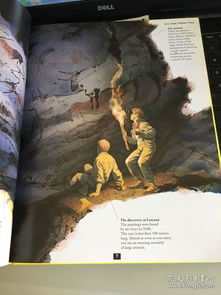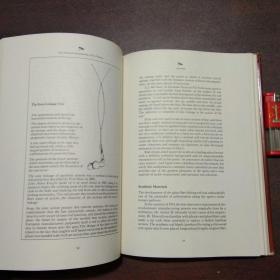
Content:
Embarking on the thrilling adventure of fishing can be both relaxing and rewarding. However, mastering the basics is key to a successful day on the water. Here are 50 essential fishing tips to help you catch more fish and enjoy your time out on the lake, river, or sea.
- Research Your Target Fish: Understand the habits and preferences of the fish you want to catch.
- Choose the Right Gear: Match your rod, reel, and line to the type of fishing and fish size.
- Use Live Bait: Live bait can be more effective than artificial lures for certain species.
- Maintain Your Equipment: Regularly clean and oil your reels and check your line for frays.
- Learn Knots: Master at least a few basic fishing knots for secure connections.
- Cast Properly: Practice casting techniques to improve accuracy and distance.
- Read the Water: Observe currents, vegetation, and structure to predict fish locations.
- Use Sensory Cues: Pay attention to wind, weather, and water temperature changes.
- Adjust Bait Movement: Match the bait's action to the behavior of the fish you're targeting.
- Keep Your Baits Fresh: Rotate baits regularly to avoid overuse and maintain their appeal.
- Patience is Key: Give fish time to bite; don't set the hook too quickly.
- Use Sensory Lures: Some fish are more attracted to vibrations, sounds, or lights.
- Match the Season: Adapt your techniques to the time of year and fish migration patterns.
- Practice Catch and Release: Handle fish gently to minimize stress and increase survival rates.
- Keep a Journal: Record your experiences to improve your skills and remember successful spots.
- Use a Variety of Lures: Experiment with different colors, sizes, and shapes.
- Adjust Bait Colors: Use bright colors in low light and natural colors in bright conditions.
- Check the Water Depth: Fish are often found at specific depths depending on the species.
- Use Depth Finders: These tools can help you locate fish in deeper waters.
- Be Prepared for Weather Changes: Pack essentials like sunscreen, hats, and rain gear.
- Keep Hydrated: Drink plenty of water to stay energized and focused.
- Learn from Others: Join a fishing club or ask for advice from experienced anglers.
- Use a Fish Finder: This can help you locate schools of fish and identify their depth.
- Practice Fly Fishing: It's a unique technique that requires different skills.
- Adjust Your Approach: If you're not catching fish, change your location, bait, or technique.
- Stay Safe: Always check local regulations and be aware of your surroundings.
- Use Polarized Glasses: They help you see underwater details more clearly.
- Keep a Clean Hook: A well-maintained hook is more likely to catch fish.
- Use Smaller Hooks: Smaller hooks can be more effective for certain fish species.
- Learn to Fish in Tides: Understand how tides affect fish movement and feeding patterns.
- Practice Boat Safety: Always have a floatation device and know how to use it.
- Use Smell-Attractants: Some fish are attracted to certain scents.
- Adjust Bait Size: Use larger baits for bigger fish and smaller ones for smaller fish.
- Stay Quiet: Avoid loud noises that can scare fish away.
- Use Artificial Baits: These can be more effective than live bait in some situations.
- Practice Reeling Techniques: Learn how to reel in fish smoothly and efficiently.
- Use a Fish Scale: Weigh your catch to ensure it meets size requirements.
- Keep Your Line Taut: This can help you feel the fish's movements better.
- Use a Landing Net: It can help you safely remove fish from the water.
- Be Patient with Children: Take your time to teach them the basics of fishing.
- Plan Your Trips: Check the weather forecast and plan your fishing trips accordingly.
- Keep Your Line Tidy: Avoid tangles by keeping your line organized.
- Use a Rod Holder: This can keep your hands free and prevent line tangles.
- Practice Baiting Techniques: Be consistent with how you present your bait.
- Learn to Fish in Saltwater: It requires different gear and techniques.
- Use a Sinker: This can help keep your bait at the desired depth.
- Adjust Your Lure Retrieve Speed: Some fish prefer a slow, steady retrieve, while others respond to a faster pace.
- Be Mindful of Local Regulations: Always follow local fishing laws and guidelines.
- Practice Net Casting: It can help you land fish more effectively.
- Enjoy the Experience: Remember that fishing is about the journey, not just the catch.
By incorporating these 50 essential fishing tips into your practice, you'll be well on your way to becoming a skilled angler. Happy fishing!












